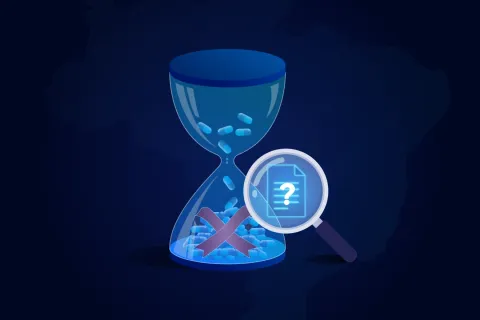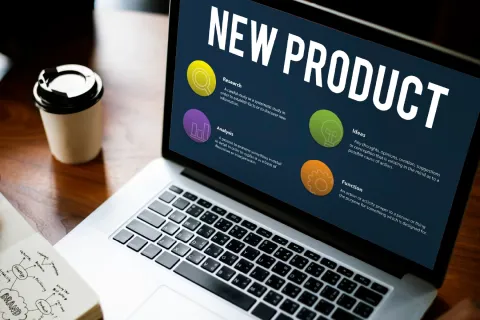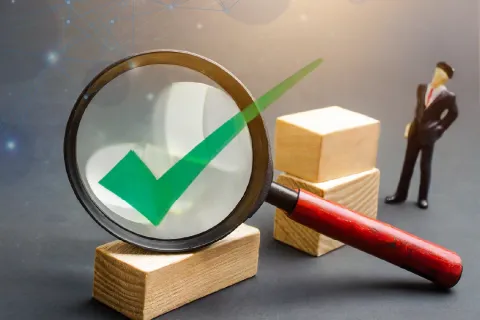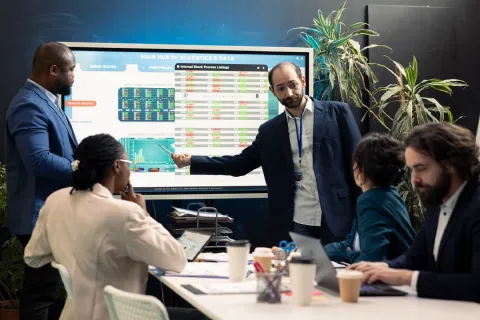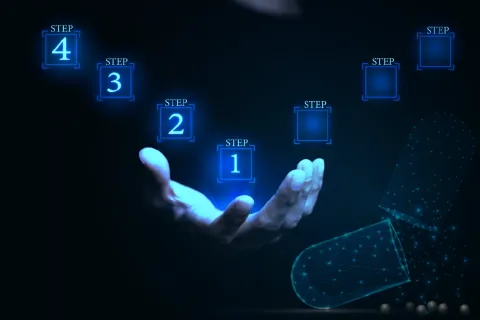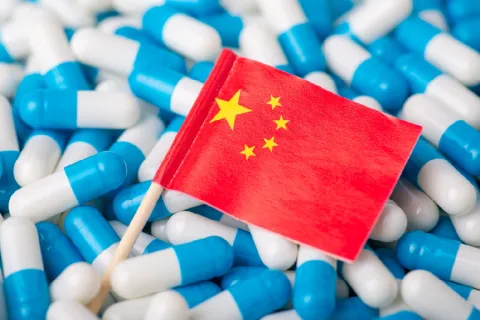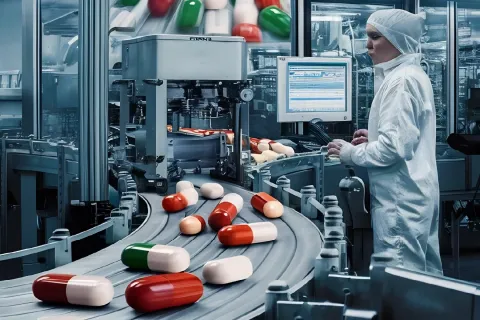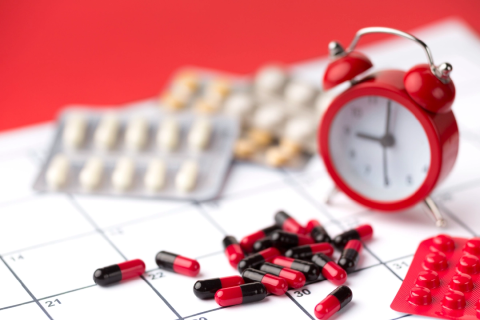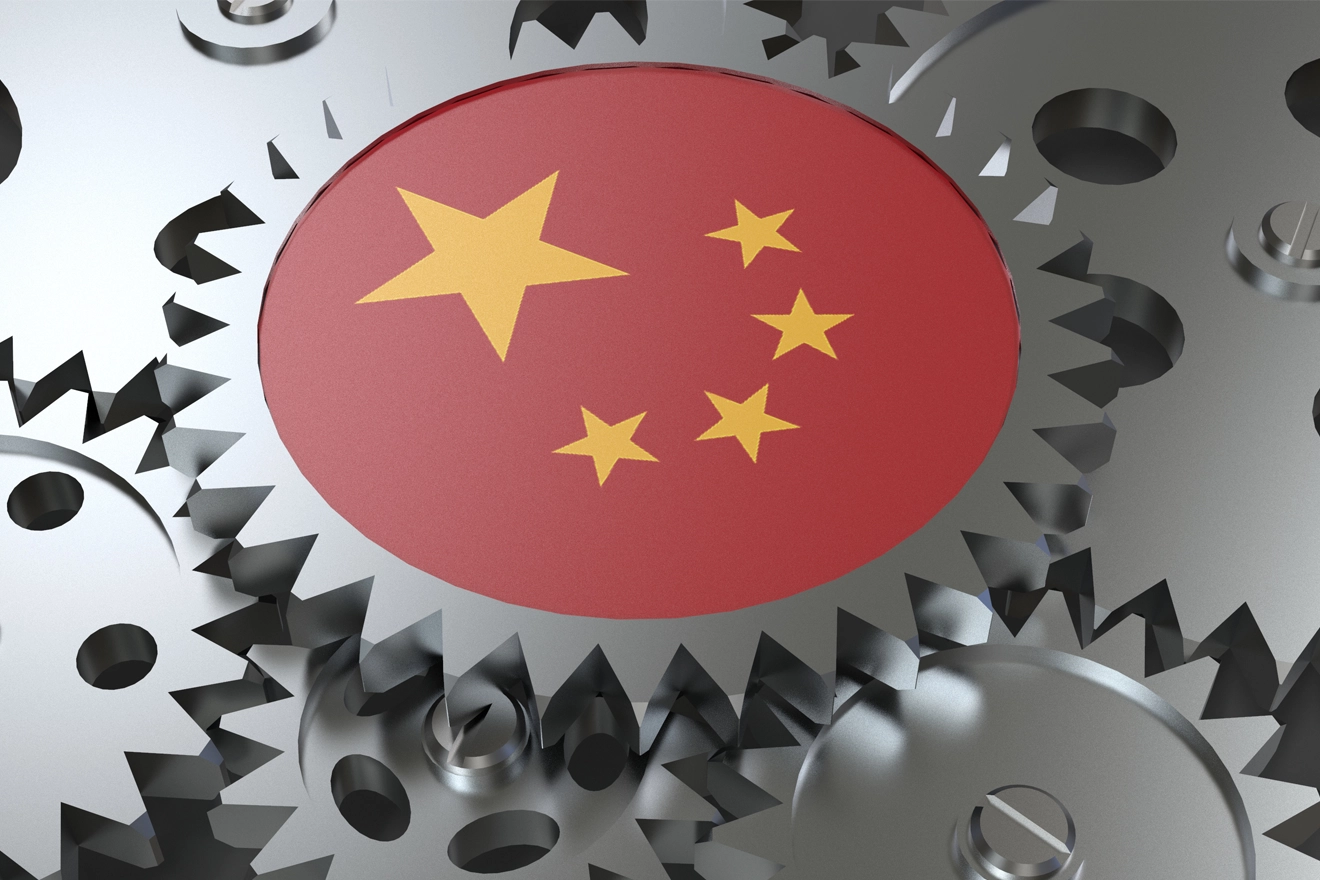
DYK? The National Medical Products Administration (NMPA), along with China National Intellectual Property Administration (CNIPA), has released “Measures for the Implementation of Early Resolution Mechanisms for Drug Patent Disputes (Trial)." It is a patent registration platform for chemical drugs, biological products, and traditional Chinese medicines. Along with this, the measures will also help by offering opportunities for market approval based on registered patents and judgment outcomes for chemical entities.
An exclusivity period is also awarded to the first generic applicant who succeeds in challenging registered patents. This is similar to the Hatch-Waxman Act under the US Generic Drug Framework. However, unlike US Food and Drug Administration’s (US FDA’s) Hatch-Waxman Act, the China Patent Linkage System is also applicable to biological products. In the US, the Regulatory framework for biosimilar products and publication of patent lists for reference biological products is given under the Biologics Price Competition and Innovation Act (BPCIA) and Biological Product Patent Transparency (BPPT), respectively.
What is the Patent Registration System? How is it Applicable to Chemical Drugs, Biologics, and Traditional Chinese Medicines?
In accordance with the measures, a patent registration system has been recognized for the Marketing Authorization Holder (MAH). The MAH can register applicable patents to the approved drug product and update the information in the Patent Registration System (information such as generic name, registration number, dosage form, and strength), patent information (patent number, patentee/licensee, title, issue date, expiration date, legal status, type of claims, and the relation of claims to the approved drug), and correspondence information (such as address and contact information of the contact person).
Registration for patents of chemical drugs, biologics, and traditional Chinese medicine can be done, but there are some limitations on the types of patents that can be registered. Patents that can be filed for a chemical drug are a patent covering the active pharmaceutical ingredient (API), a patent covering the formulation comprising the API, and a patent directed to the medical use of the active pharmaceutical ingredient (API). On the other hand, for biologics only patents cover the active pharmaceutical ingredient (API) in the form of structured information and the medical use associated with it.
The Patent Registration System in China serves the purpose of both Orange Book and Purple Book because it contains information on both chemical drugs as well as on biological products.
What is Patent Certification? How is it Applicable to Chemical Drugs?
To file a patent on an already patented innovator chemical drug, the generic product must file a patent covering any of the following types:
- No relevant patents are registered
- The patent for the innovator product has expired or been declared invalid or the generic applicant has a license
- The registered patent in the name of the innovator exists, and generic products cannot be marketed until the expiry of the patent
- A registered patent exists, but it must be invalid or does not include generic drugs
Generic drug companies need to provide patent certification along with supporting data to the innovator. This is done to provide the patent owner a full knowledge of the formulation so that the patent owner’s patent is not infringed. The supporting data that is needed includes:
- Technical description of the generic drug
- Claim chart comprising the registered patents and the generic drug
- Relevant technical materials
What are Patent Challenges and Bifurcated Judgement Systems? How are they Applicable to Chemical Drugs?
With an eye on the Type IV certificate, MAH or the owner of the patent has the alternative to either take the court’s help or go with CNIPA’s judgment as a means of reviewing the generic drug patent within forty-five (45) days. However, the court proceedings pre-empt a subsequent CNIPA proceeding for the same topic.
Upon the initiation of the court or CNIPA proceedings, NMPA holds off the approval of the focussed generic drug for nine (09) months. In these nine (09) months, the generic drug cannot get approval from NMPA unless it is proven to not infringe the existing patent or the patent is invalid, or MAH (or patent owner) withdraws the case. A lawsuit in a court or a proceeding in the CNPIA may initiate a period of nine (09) months’ stay in China. However, in contrast to this, the hold-off period for ANDA approval by the FDA in the US is of thirty (30) months. In the US, the patent owner has to file a patent infringement suit in Federal Court against the generic drug applicant.
What is the Exclusivity Period?
An exclusivity period of up to twelve (12) months is awarded to the First to File (FTF) generic drug company that has challenged the already registered patent. However, the market exclusivity should not extend beyond the term of the patent.
On the contrary, an exclusivity period of one hundred and eighty (180) days is awarded to the FTF who has completed ANDA with para IV certification against a listed patent. These one hundred and eighty (180) days of exclusivity cannot exceed beyond the patent term specified in para IV certification because the generic manufacturer will not be eligible for exclusivity after the expiration of the patent, at which time the FDA may approve other eligible ANDAs.
By now you must have understood the need of in-depth knowledge of varied Regulatory subjects and of dynamic guidelines. Consult for end-to-end Regulatory support, contact Freyr. Be it MAH support, timely submissions, a query from the Health Authority, or even end-to-end Regulatory support all over the globe, Freyr will be there! Contact us now.
